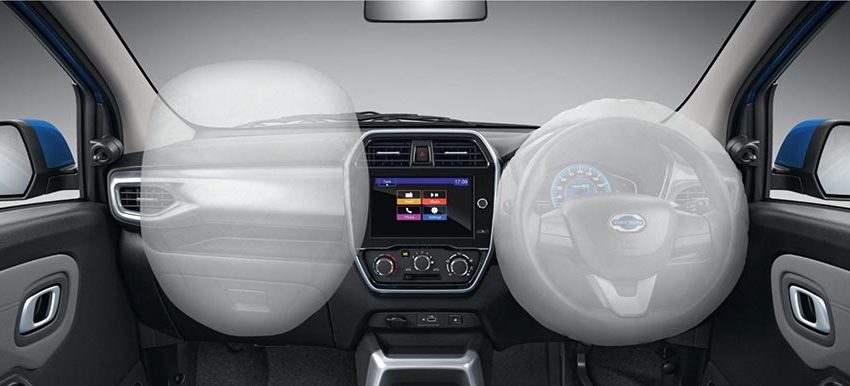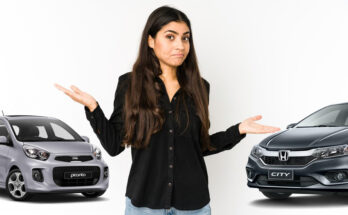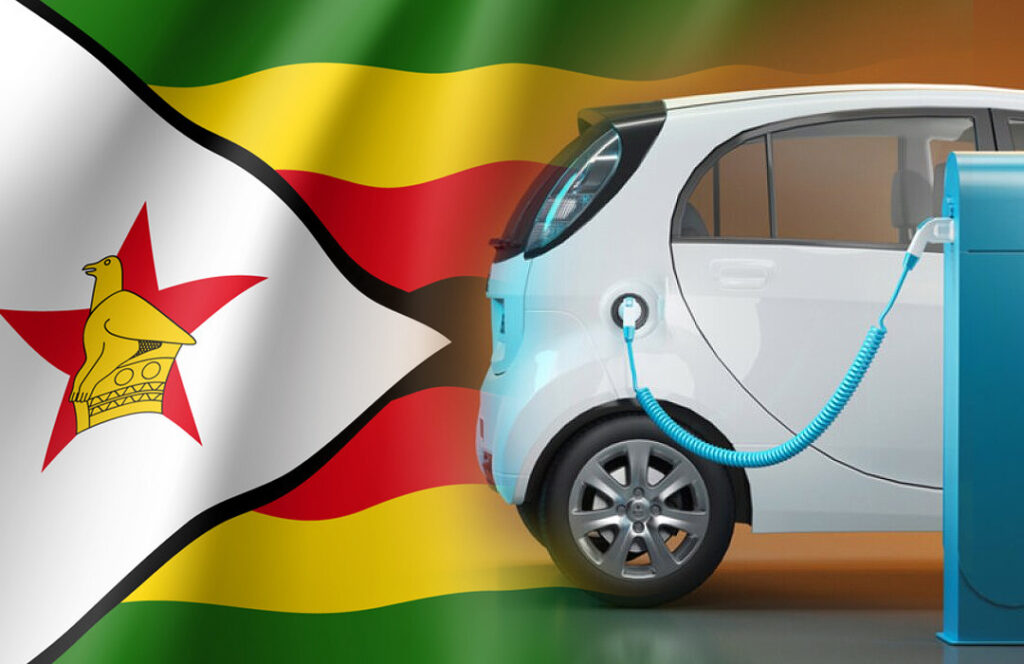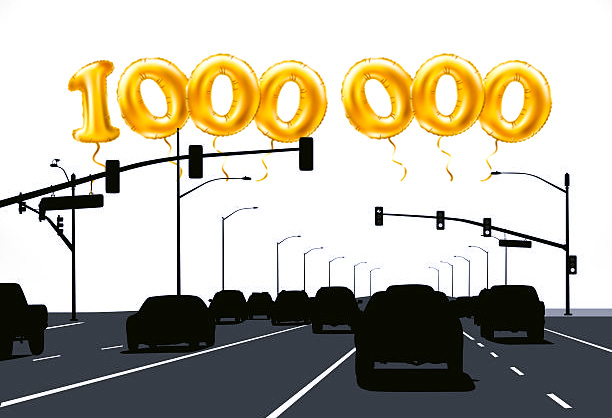One of the key problems with the local auto industry where it stands today is the lack of regulatory measures by the government and certain initiatives which steer the industry toward progress.
The implementation of Euro-2 standards 10 years after they were phased out from the rest of the world is a classic example. Plus it has been more than a decade since these obsolete standards were put into effect in 2012, and ironically despite huge concerns about environmental impact & alarming levels of smog, we are yet to upgrade to newer emission standards when the world is already there on Euro-6 levels.
Related: Two Years and Still No Euro-5 Cars?
The fuel was upgraded to Euro-5 in August 2020, although this too hasn’t been done the ideal way, still, the assemblers said they require 2 years to move from Euro-2 to Euro-5. Fast forward two years, and there is no sign of locally assembled vehicles upgrading to meet the Euro-5 standards while authorities remain asleep.

Likewise, the government in the latest Auto Industry Development and Export Policy (AIDEP 2021-26) decided that vehicles shall not be allowed to go on sale after June 30, 2022, whether locally manufactured or imported, which are not compliant with shortlisted WP29 regulations. However, we are already heading towards the end of July and there is no sign of implementation of the said WP29 standards. The shortlisted regulations included the mandatory inclusion of dual airbags (for driver & front passenger) which was supposed to put an end to various vehicles on sale in Pakistan.
Related: Woeful Delivery Periods of Local Assembled Cars in 2022
In addition, compulsory ani-theft equipment (engine immobilizers), and a number of other required improvements such as tires, lights, windshield glass, seatbelts, and structural integrity of cabin, etc were to be mandated. Some of the features of the new Auto Policy were:
- If the automaker delays the car delivery for over 60 days (2 months), it will pay KIBOR + 3%.
- Car manufacturers to set a 10% export target by 2026.
- Tax incentives for the export of vehicles and spare parts.
- Ban on locally manufactured/imported vehicles after June 30, 2022, which are not compliant with shortlisted WP 29 regulations
(for a detailed article on Auto Policy & its clauses read our previously published article)
There are plenty of other examples where the government made some claim to strictly deal with the shortcomings but then went into hibernation without any follow-up on the words whatsoever. Earlier, it threatened local assemblers of ‘fixation of prices’ under the Price Control Prevention of Profiteering and Hoarding Act, 1977, in wake of an uncontrolled & frequent surge in prices of locally assembled vehicles. However, according to analysts, the price-fixing threats by the government are just an eyewash to appease public disdain for a while over frequent car price hikes. They believe the government would not be taking any actions against the industry.
Related: PAMA Says Government Cannot Fix Car Prices
Similarly, there has been no concrete measure to end the menace of the existence of premium/ on-money culture in the market when the solutions are pretty simple and straightforward but require some strict implementation.

So even when we have gone past the June 30th deadline, locally assembled vehicles failing to comply with the WP29 regulations and those without a single airbag on offer are being sold by the local assemblers. And from the looks of it, they will continue to do so. When will the government realize that the 30th June 2022 deadline set has been surpassed, we will have to wait to find out.

A computer animation professional with over 23 years of industry experience having served in leading organizations, TV channels & production facilities in Pakistan. An avid car enthusiast and petrolhead with an affection to deliver quality content to help shape opinions. Formerly written for PakWheels as well as major publications including Dawn. Founder of CarSpiritPK.com




